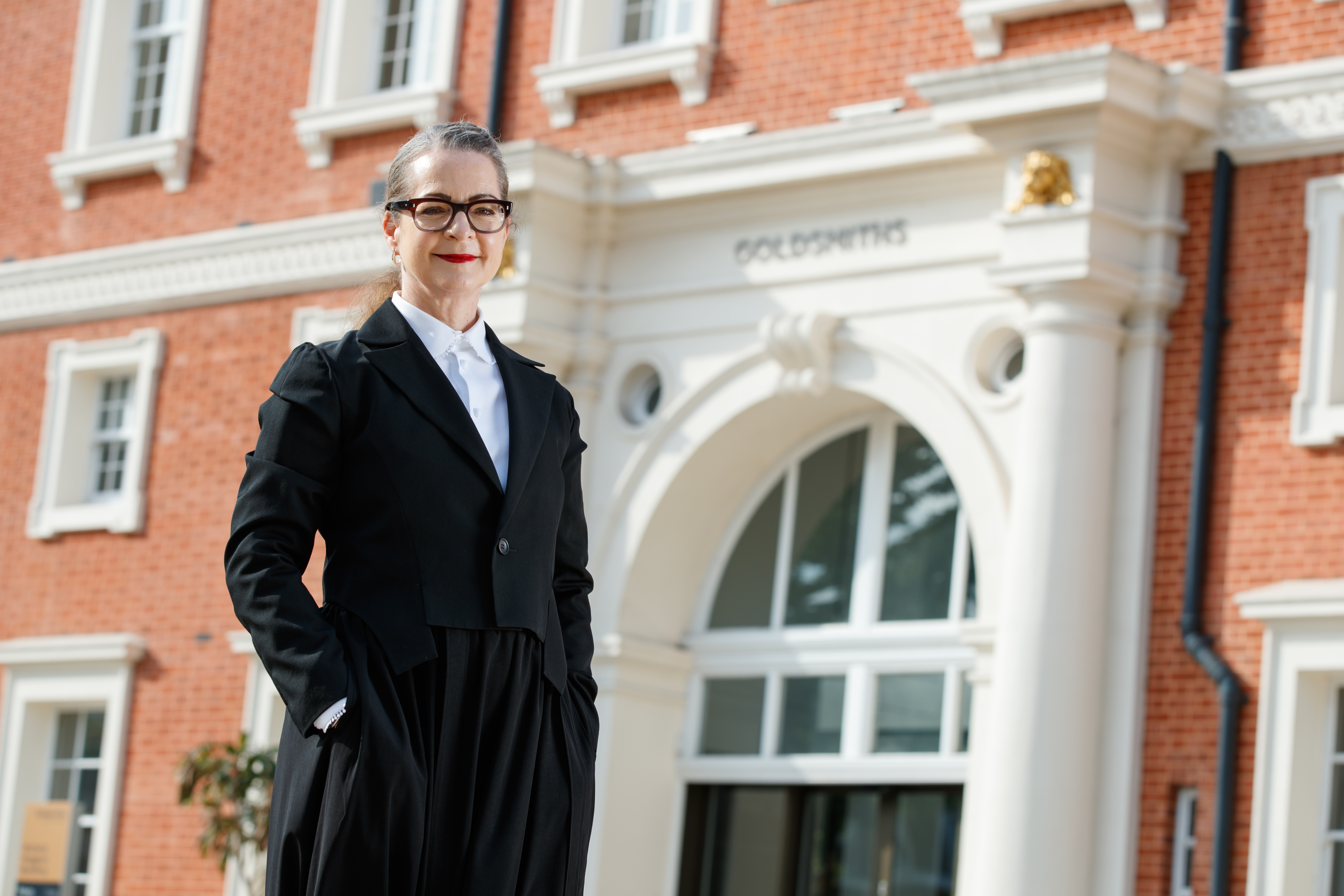Goldsmiths, University of London said it is to remove all beef products from sale from next month as the institution attempts to become carbon neutral by 2025.
Students will also face a 10p levy on bottles of water and single-use plastic cups when the academic year starts to discourage use of the products.
The college’s new Warden, Professor Frances Corner, said staff and students “care passionately about the future of our environment” and that “declaring a climate emergency cannot be empty words”.

The move has been backed by Goldsmiths Students’ Union, with president Joe Leam saying that the university has a “huge carbon footprint” and that the promise to eradicate this in the next few years is needed.
As well as the beef ban and 10p levy on single-use water bottles and plastic cups, there are plans to install more solar panels across the college’s New Cross campus in south-east London and switch to a 100% clean energy supplier as soon as possible.
Officials said Goldsmiths will also continue to invest in its allotment area and identify other places where planting could help to absorb carbon dioxide, and will review how all students can access modules which cover climate change and the role of both individuals and organisations in reducing carbon emissions.
Prof Corner said: “The growing global call for organisations to take seriously their responsibilities for halting climate change is impossible to ignore.
“Though I have only just arrived at Goldsmiths, it is immediately obvious that our staff and students care passionately about the future of our environment and that they are determined to help deliver the step change we need to cut our carbon footprint drastically and as quickly as possible.
“Declaring a climate emergency cannot be empty words. I truly believe we face a defining moment in global history and Goldsmiths now stands shoulder to shoulder with other organisations willing to call the alarm and take urgent action to cut carbon use.”
Figures show that Goldsmiths emits around 3.7kg of carbon emissions each year, the college said.
Referring to the statistic in a blog, Mr Leam said: “It is clear our university has a huge carbon footprint. The promise to have ended this by 2030 at the latest, with the hope of doing so by 2025, is one which is needed.
“Whilst this plan/action is only the beginning, and much work is yet to be done, it is fantastic to see Goldsmiths taking responsibility and responding to its impact on the climate.”
Invoking the words of teenage climate activist Greta Thunberg, “Our house is on fire”, Mr Leam added: “I believe Frances Corner and the university management are realising this and making these changes to put their part of the house fire out.
“The SU will be a part of this process every step of the way to make sure this stays true, seeking to speed the process up wherever possible and will keep the college community updated throughout.”
Rosie Rogers, climate emergency campaigner for Greenpeace UK, said: “It’s encouraging to see an institution like Goldsmiths not simply declaring a climate emergency, but acting on it.
“From energy use, to food sales and plastic pollution – all universities and organisations with campus sites can make changes across their facilities that are better for our planet.
“We call on others to urgently follow suit, and to include cutting all ties from fossil fuel funding in their climate emergency response.”

